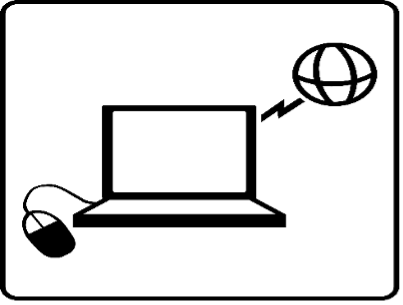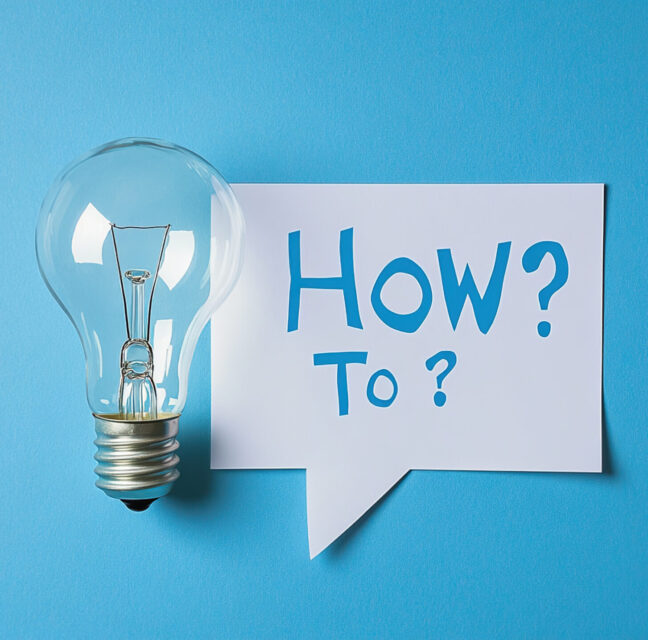December got its name from the Latin word decem (meaning ten) because it was originally the tenth month of the year in the Roman calendar, which began in March.
If you were born in December, you are lucky to have a choice of three gems: blue topaz, turquoise and tanzanite. Blue is the color for December, and the traditional birthstone list also includes zircon and lapis lazuli.
The December birth flowers are the narcissus (paperwhite) and the holly.
December birth signs ofthe zodiac are Sagittarius (December 1 – 21) and Capricorn December 22-31). Strengths of Sagittarius include generosity, idealism, and a great sense of humor. Weaknesses are that they can be very impatient, and will say anything no matter how undiplomatic. Capricorns’ strengths include disciplined self-control and good management. Weaknesses can include being a know-it-all, unforgiving, condescending and expecting the worst.
The December holidays can bring on extra pounds, and in addition to the most well-known days celebrated with food, there is National Pie Day (December 1), National Fritters Day (December 2), National Cookie Day (December 4), National Cotton Candy Day (December 7), National Ice Cream Day (December 13) and National Maple Syrup Day (December 13). The list goes on….
Here are some historic days to remember:
December 1, 1941 – The American Civil Air Patrol (CAP), a U.S. Air Force auxiliary, was founded as Director of Civilian Defense, former New York Mayor Fiorello LaGuardia, signed the formal order. The CAP currently provides aerospace education, a CAP cadet program, and emergency services such as locating missing aircraft.
December 2, 1942 – Physicists led by Enrico Fermi carried out the world’s first successful nuclear chain reaction at the University of Chicago.
December 5, 1492 – Haiti was discovered by Christopher Columbus.
December 5, 1933 – The 18th Amendment (Prohibition Amendment) to the U.S. Constitution was repealed. For nearly 14 years, since January 29, 1920, it had outlawed the manufacture, transportation, and sale of alcoholic beverages in the U.S.
December 6, 1917 – Two ships collided at Halifax, Nova Scotia, resulting in an explosion that killed more than 1,500 persons and injured 8,000. The Norwegian ship Imo collided with the French munitions ship Mont Blanc which was loaded with supplies for the war in Europe, including 5,000 tons of TNT. A tidal wave caused by the explosion destroyed much of the city.
December 13, 1642 – New Zealand was discovered by Dutch navigator Abel Tasman of the Dutch East India Company.
December 14, 1918 – British women voted for the first time in a general election and were allowed to run for office.
December 16, 1773 – The Boston Tea Party occurred as colonial activists disguised as Mohawk Indians boarded British ships anchored in Boston Harbor and dumped 342 containers of expensive tea into the water.
December 17, 1903 – After three years of experimentation, Orville and Wilbur Wright achieved the first powered, controlled airplane flights. They made four flights near Kitty Hawk, North Carolina, the longest lasting about a minute.
December 23, 1947 – The transistor was invented at Bell Laboratories by John Bardeen, Walter Brattain, and William Shockley, who shared the Nobel Prize for their invention which sparked a worldwide revolution in electronics.
December 25th – Christmas Day, commemorating the birth of Jesus of Nazareth. Although the exact date of his birth is not known, it has been celebrated on December 25th by the Western (Roman Catholic) Church since 336 A.D.
December 25 – January 2 – Chanukah begins the eight-day Jewish festival, also known as the Festival of lights. On each day a Menorah (an eight-branched candelabra) is lit with an ascending number of candles to match the day. The reason for Chanukah is based on the story of the Maccabee’s battle with the Greeks. It is told that one pure bottle of olive oil lasted for eight days in the Holy Temple. It should have lasted only for the first day.
December 26 – Boxing Day in the United Kingdom and many other countries, a day of gift giving when boxes of food, clothing and other gifts are traditionally given to employees, tradespeople and other service providers.
December 26 – January 1 – Kwanzaa, an African American family observance established in 1966 celebrating traditional African harvest festivals, focusing on family unity, with a community harvest feast on the seventh day. Kwanzaa means “first fruit” in Swahili.
December 31, 1879 – Thomas Edison provided the first public demonstration of his electric incandescent lamp at his laboratory in Menlo Park, New Jersey.




